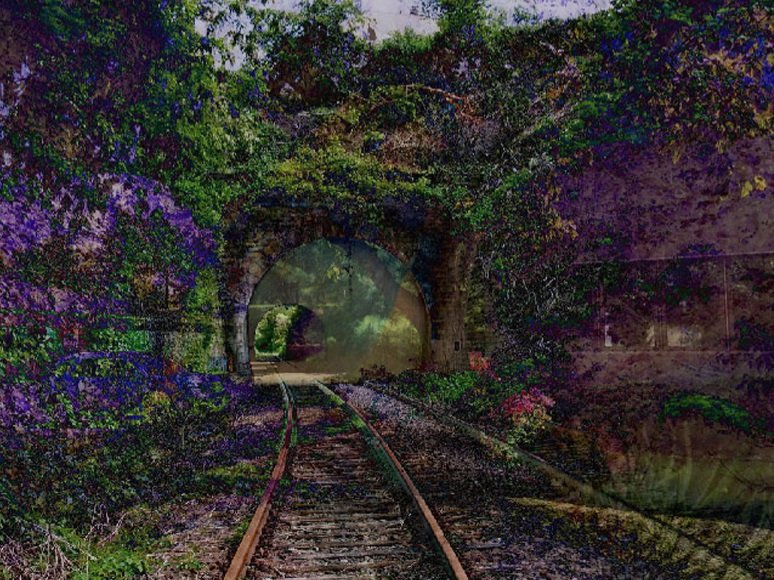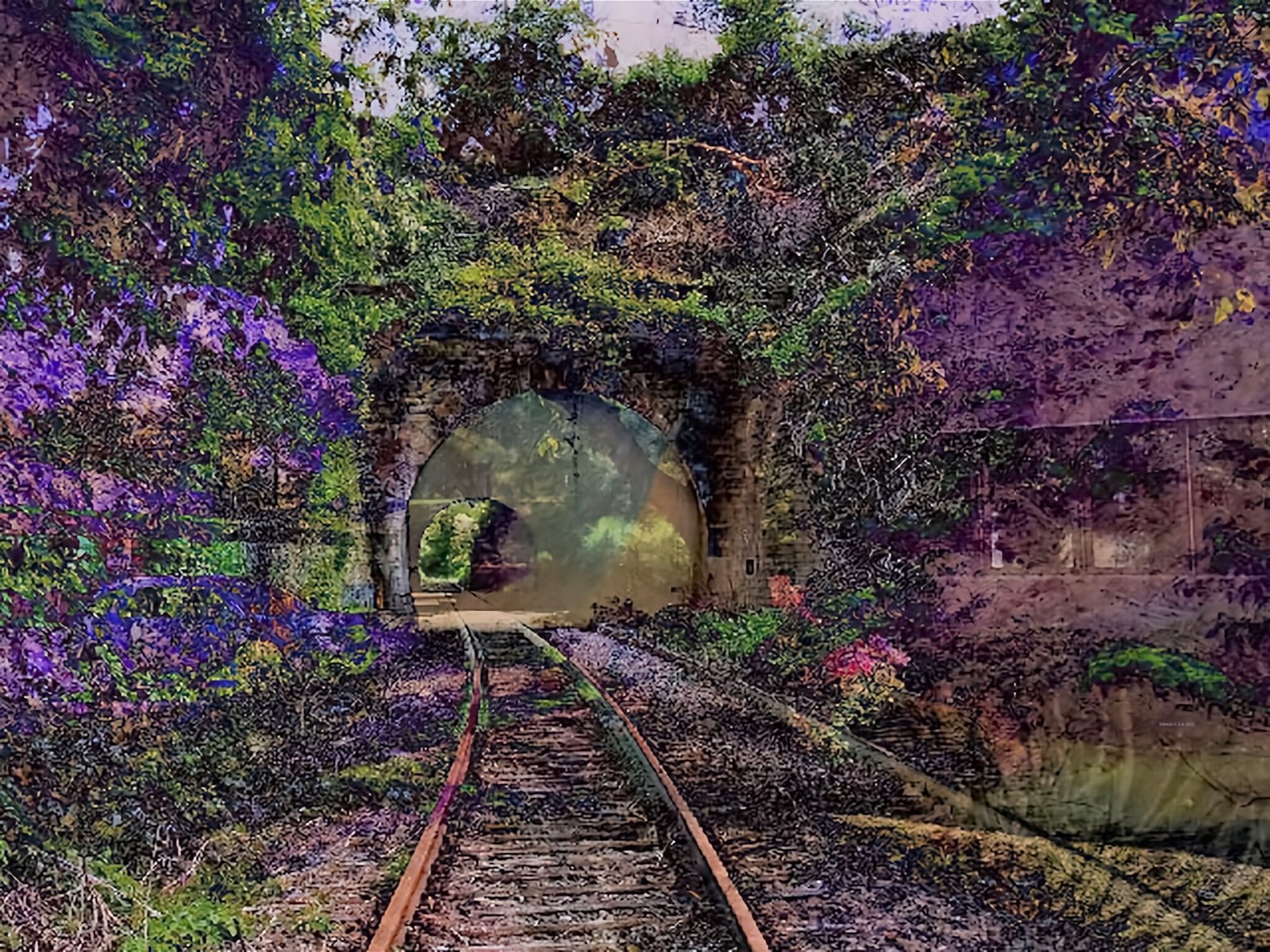Background on AI-Generated Works
AI-generated works, created by algorithms without direct human authorship, challenge traditional copyright laws that primarily recognize human creativity. Historically, copyright law protects human creators, granting them exclusive rights, as seen in the U.S. Copyright Act, which requires originality and a tangible medium, implicitly assuming human authorship. AI-generated works raise questions about authorship and copyright eligibility since AI can operate autonomously without reflecting personal human input. The originality requirement further complicates matters, as AI’s complex outputs might not meet the creativity threshold defined by human standards. Additionally, the potential market saturation by AI-generated content could threaten the economic interests of human creators by reducing the value of human-authored works. Some jurisdictions are considering legislative measures to address these issues, but there is no consensus on integrating AI-generated works into current frameworks. This situation calls for a reevaluation of authorship and originality concepts to adapt to the evolving creative landscape in the AI era.
Definition of AI-Generated Works
AI-generated works are creative outputs produced with Artificial Intelligence technologies, covering formats like text, images, music, and videos. These works result from automated processes, where AI systems trained on extensive datasets use algorithms to mimic human creativity. The AI analyzes existing creative works to identify patterns and styles, generating novel content influenced by the input data. Human involvement varies, from providing initial input to guiding the AI’s creative process.
AI-generated works challenge traditional notions of authorship and creativity, raising questions about originality and ownership, as copyright laws are based on human authorship. The legal framework does not clearly define if AI can be an author or who holds the rights to AI-generated works—the AI creators, users, or another party. As AI evolves, ongoing legal and philosophical discussions are needed to address implications for copyright and intellectual property rights.
Growth and Impact of AI in Creative Industries
AI technologies have revolutionized creative industries by enabling new forms of artistic expression and challenging traditional notions of authorship. In music, AI algorithms generate compositions by mimicking renowned styles or blending genres, with platforms like Amper Music and AIVA assisting musicians in production. Visual arts have seen AI models like GANs create indistinguishable artwork from human-made pieces, leading to AI art exhibitions and auctions. In literature, AI tools aid writers by generating text and plot suggestions, raising debates on authorship and intellectual property. The film industry uses AI for scriptwriting, editing, and predicting box office success, reshaping film production. However, AI’s integration raises legal and ethical challenges, particularly concerning copyright laws, as current frameworks don’t accommodate non-human creators. As AI evolves, creative industries must adapt to these changes, balancing Innovation with intellectual property protection.
Current Copyright Law Framework
The U.S. copyright law, governed by the Copyright Act of 1976, grants authors exclusive rights to their original works, including reproduction, derivative works, distribution, and public performance or display. These rights are automatically conferred when a work is fixed in a tangible medium. Traditionally, “author” refers to a human creator, as established by court rulings, such as in Burrow-Giles Lithographic Co. v. Sarony, where the Supreme Court upheld human authorship for copyright eligibility. The U.S. Copyright Office supports this view, denying registration to non-human creations, exemplified by rejecting a work attributed to a monkey. However, the rise of AI challenges this framework, as AI-generated works don’t fit the current legal definitions of authorship. The unresolved question of copyright eligibility for AI-generated works calls for legislative or judicial clarification to adapt to technological advancements while protecting intellectual property.
Overview of U.S. Copyright Law
U.S. copyright law protects creators’ rights by granting exclusive rights to original works, including literary, musical, and artistic creations, as outlined in Title 17 of the U.S. Code. A work must be original and fixed in a tangible medium to qualify for protection, emphasizing human authorship and creativity. Once protected, authors gain exclusive rights to reproduce, distribute, perform, display, and create derivatives, incentivizing new creations economically. Copyright duration typically extends for the author’s life plus 70 years, or for works made for hire, 95 years from publication or 120 years from creation. Exceptions like fair use allow limited use without permission for purposes such as criticism, teaching, or research, balancing creators’ interests with public access. Technological advancements, especially AI, challenge this framework, as AI-generated works’ eligibility for copyright protection remains contentious, highlighting the need for potential legal reforms to address such complexities.
Historical Context and Precedents
Copyright law’s evolution in response to technological advancements has traditionally focused on human authorship. The U.S. Constitution empowers Congress to protect authors’ and inventors’ works, implying copyright is meant for human-created works. Technological advances, like photography in the 19th century, challenged this notion, prompting courts to recognize photographers’ creative decisions as copyrightable.
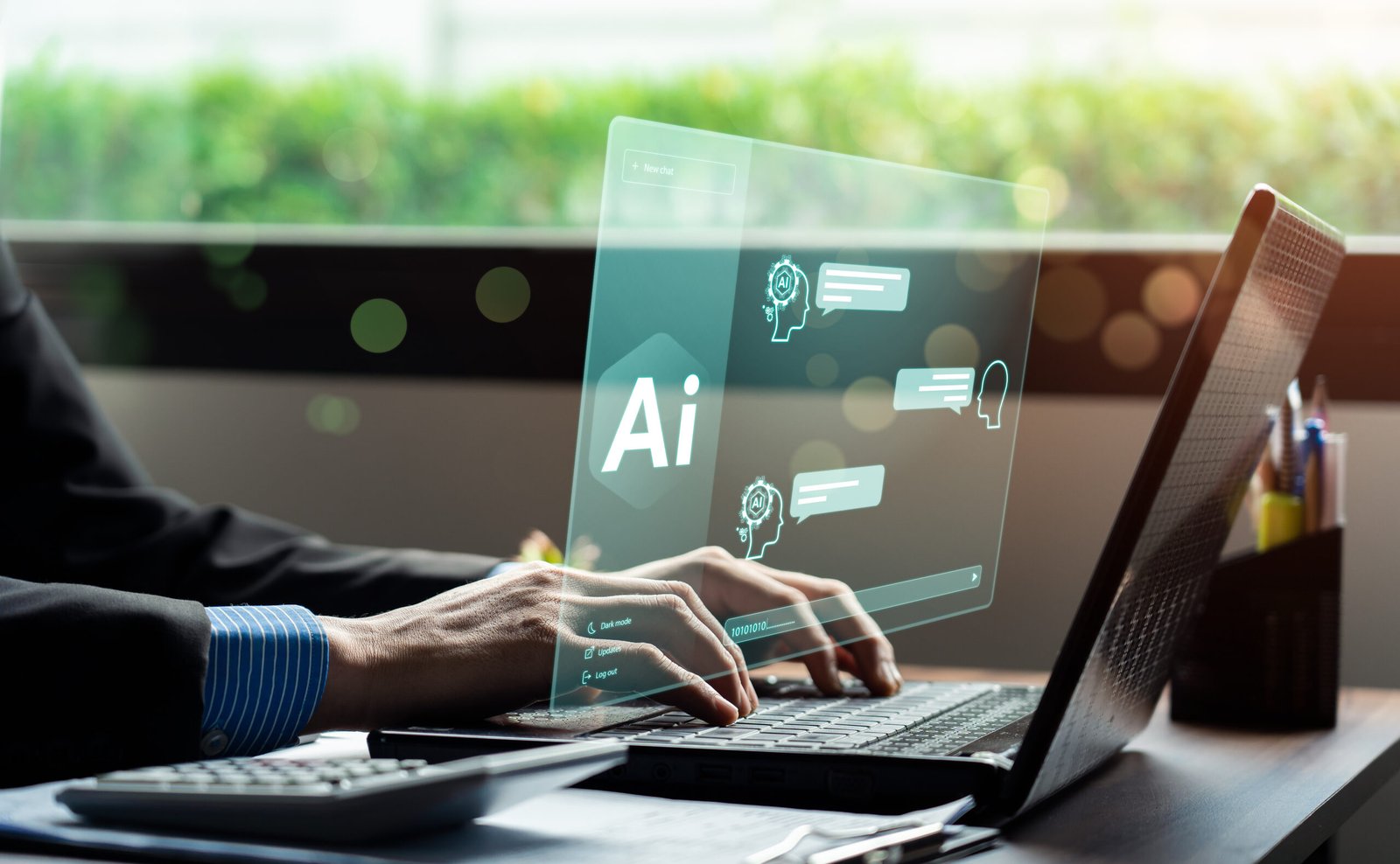
The 20th century saw computer-generated content raising questions about copyright eligibility and ownership. The U.S. Copyright Office maintains that human authorship is required for copyright protection. This stance was reinforced by the “monkey selfie” case, where courts ruled non-human authors cannot hold copyrights.
As AI technology advances, producing sophisticated works, the debate intensifies over whether these outputs should be copyrighted and how to attribute authorship. The U.S. Supreme Court’s potential ruling on AI-generated works could significantly impact copyright law’s future, balancing technological adaptation with maintaining a human-centric approach.
The Case Before the U.S. Supreme Court
The U.S. Supreme Court is set to decide whether AI-generated works can receive copyright protection. This case arose from Stephen Thaler’s efforts to register an AI-created image with the U.S. Copyright Office, which was denied on the grounds that copyright requires human authorship. Thaler argues that AI outputs are original and deserve the same legal considerations as human-created works. The central legal question is whether the U.S. Copyright Act’s human authorship requirement can be extended to AI-generated creations. Supporters claim that excluding AI works stifles innovation and fails to reflect technological advancements, while opponents warn it could undermine copyright law’s focus on human creativity. The case has attracted attention from tech companies, legal experts, and artists, as its outcome could redefine intellectual property rights in the digital age, impacting industries like entertainment, publishing, and software development. The Supreme Court’s decision could reshape the legal framework for AI and creative works.
Parties Involved in the Case
The case involves key parties debating AI-generated works’ copyright eligibility. Stephen Thaler, CEO of Imagination Engines, Inc., advocates for AI recognition as a legitimate creator under copyright law. He argues his AI system, the “Creativity Machine,” should hold copyright for its creations, challenging traditional human-centric authorship views. Opposing Thaler is the U.S. Copyright Office, which insists current law only grants copyright to human-created works, rejecting AI applications based on legal precedents. The case garners attention from tech companies, legal experts, and creative industry stakeholders, as its outcome could significantly impact AI-generated content ownership and intellectual property rights. The decision may set a precedent affecting international copyright law and policies, reflecting broader debates on AI’s societal role and copyright law’s evolution.
Key Legal Questions Presented
The U.S. Supreme Court is set to address crucial legal questions regarding AI-generated works and their copyright eligibility, challenging traditional copyright law which requires human authorship. Key issues include:
Eligibility for Copyright Protection: Current U.S. copyright law, based on the Copyright Act of 1976, does not explicitly address AI-created works, raising questions about whether these works qualify for protection and if laws need to be amended.

Kaynak: graphicartistsguild.org Ownership: If AI-generated works are protected, determining ownership becomes complex. Potential rights holders include AI developers, users who input data, or the AI itself, challenging conventional notions of authorship.
Originality: The Court must assess if AI-generated works meet the originality threshold, requiring creativity and independent creation, given AI’s reliance on existing data and algorithms.
Impact on the Public Domain: Granting copyright to AI works could expand protected content, limiting public domain access.
Legislative Implications: The Court’s decision could influence future legislation and policy on AI and intellectual property, potentially necessitating new frameworks to address AI’s unique challenges. These questions underscore the need for legal adaptation to technological advancements.
Arguments for Granting Copyright to AI-Generated Works
The debate on granting copyright to AI-generated works centers on adapting copyright law to modern technology. Proponents argue that such protection would incentivize creativity and innovation in AI, encouraging investment and economic growth by rewarding creators of AI systems. As AI technologies evolve, producing works indistinguishable from human creations, granting copyright acknowledges AI as a legitimate creator, ensuring copyright law remains relevant. Protecting AI-generated works also addresses potential market gaps, preventing unprotected works from being freely copied, which would discourage investment. Additionally, copyright protection could promote ethical AI development by establishing clear ownership, encouraging transparency and accountability. Intellectual property law precedents, such as patents for automated processes with human oversight, support extending copyright to AI-generated works, recognizing the collaborative nature of AI creation. Overall, granting copyright to AI-generated works aligns with technological progress, fostering innovation, economic growth, and ethical development in the digital age.
Innovation and Economic Incentives
The rise of AI in creative fields raises questions about its impact on innovation and copyright incentives traditionally meant for human creators. Copyright law grants exclusive rights to human creators to encourage innovation, but AI-generated works challenge this framework. Advocates argue that granting copyright to AI works could boost technological innovation by assuring companies of returns on AI investments, leading to advanced AI systems producing original works. However, critics warn that this could stifle human creativity, as a few entities might monopolize creative content, limiting diversity and access for human creators. Additionally, the economic distribution of profits from AI-generated works is unclear, raising questions about fairness and incentives for both AI developers and human creators. The U.S. Supreme Court’s decision on this issue could significantly impact innovation, either advancing technological progress or emphasizing human contributions in creativity, highlighting the need for a balanced legal approach.
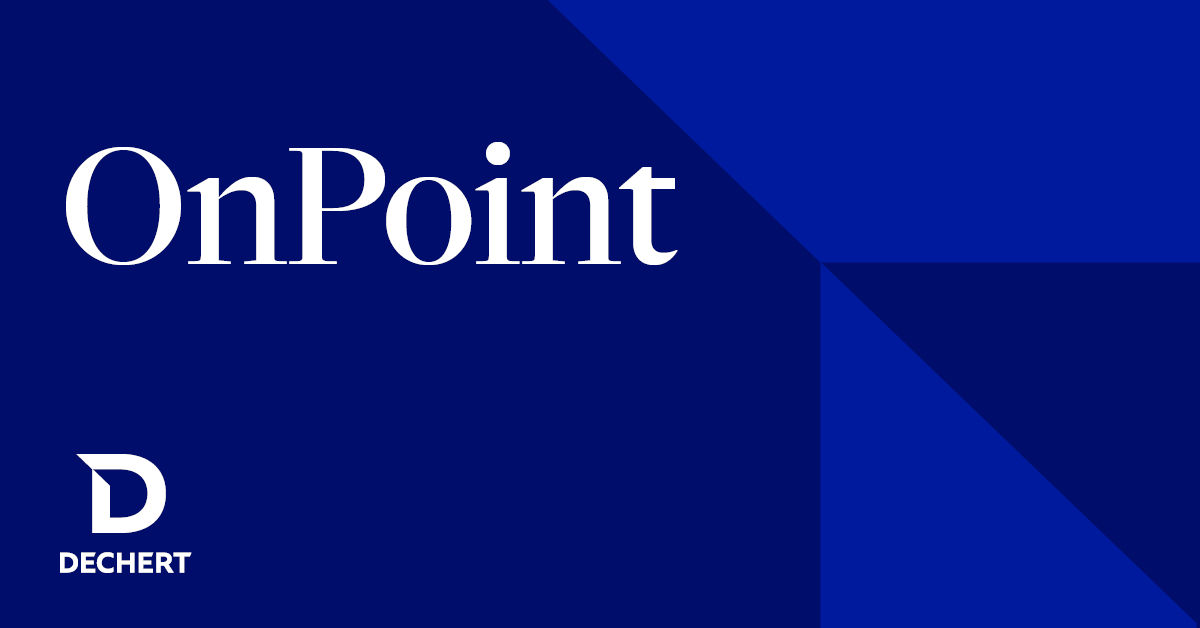
Comparison with Human-Created Works
AI-generated works challenge traditional copyright law, which protects human creativity by recognizing original expression by individuals. Human-created works have a well-established legal framework, attributing rights and responsibilities to creators, who can control and benefit financially from their work. AI-generated works, however, lack a human author, complicating this framework as U.S. Copyright Office and courts require human authorship for protection. This is because copyright aims to incentivize human creativity and labor. Human artists imbue works with personal expression and intent, while AI operates on algorithms, lacking consciousness or intentionality. This raises questions about whether AI works can meet the personal expression requirement for copyright. Economically, human creators seek reward and recognition, while AI-generated content benefits the AI owners, raising questions about rights entitlement. Additionally, AI works’ originality is debated, as they derive from existing data sets, unlike human works assessed for unique expression. These differences challenge the current copyright framework designed for human creativity.
Arguments Against Granting Copyright to AI-Generated Works
The debate on granting copyright to AI-generated works is complex, with significant opposition rooted in traditional views of authorship and creativity, which are human-centric. Critics argue that copyright law historically incentivizes human creativity by granting exclusive rights to creators, but AI lacks the human creativity and intention that copyright aims to protect. A major concern is the potential negative impact on creative industries. If AI works were copyrighted, it could flood the market, making it hard for human creators to compete, diluting copyright value, and disrupting the balance between creators and the public domain. This could undermine economic incentives for human creators, as businesses might favor AI content for its lower cost and higher volume. Additionally, granting AI copyright could stifle innovation by restricting access to works that could otherwise enrich the public domain. Legal challenges also exist in determining the “author” of AI works, involving developers, users, and data owners, potentially leading to disputes. These arguments emphasize preserving human authorship principles and protecting human creators’ interests.
Lack of Human Authorship
The debate over AI-generated works and copyright hinges on human authorship. Traditionally, copyright law protects “original works of authorship” created by humans (Source 1). However, AI technologies that produce text, art, and music challenge this concept. AI systems, like neural networks, generate content by learning from data, lacking the human element of personal expression and intentionality. The U.S. Copyright Office maintains that copyright requires a human author, and works produced by machines without human intervention don’t qualify for protection (Source 2).
This absence of human authorship raises legal and philosophical questions about creativity and ownership. Industries relying on AI-generated content face uncertainty without legal recognition (Source 3). Some argue for redefining authorship in the AI era, suggesting that human involvement in algorithm design, data selection, and output curation could qualify as authorship, warranting copyright protection for AI-assisted works (Source 4). As AI advances, legal systems must adapt to these challenges, reevaluating intellectual property principles (Source 5).
Potential Legal and Ethical Implications
The rise of AI in creative industries presents complex legal and ethical challenges, particularly regarding the ownership and protection of AI-generated works. A key issue is whether such works can receive copyright protection and, if so, who would hold these rights. Traditionally, copyright laws protect human creations, requiring a human creator for eligibility. However, AI’s ability to autonomously generate creative content challenges this human-centric approach. Legally, assigning copyright to AI-generated works might necessitate revising existing frameworks, possibly granting rights to the AI’s owner or operator, akin to corporate authorship. Ethically, this raises concerns about the value of human creativity and the potential market impact of AI-generated content. Furthermore, accountability for harmful AI-generated content, such as defamatory or infringing works, remains unclear, raising questions about liability. As the U.S. Supreme Court considers these issues, the outcomes could significantly influence the future of copyright law and creativity in the digital age.
Potential Implications of the Supreme Court’s Decision
The U.S. Supreme Court’s decision on AI-generated works and copyright law could significantly impact legal, economic, technological, and creative sectors. Legally, it may set precedents regarding authorship and ownership of AI-generated content, possibly leading to amendments in the Copyright Act to include non-human creators. Economically, recognizing AI-generated works as copyrightable could boost investment in AI technologies, fostering innovation and competition. Conversely, a decision against such protection might deter investment in AI-driven creative industries. Technologically, it could either accelerate or slow AI advancements, influencing new business models and revenue streams. In creative fields, it might challenge traditional notions of creativity, encouraging collaborations between human artists and AI, and fostering new artistic expressions. Ethically, the decision raises questions about accountability and moral rights, potentially necessitating new ethical frameworks to address issues like biased content and the treatment of AI systems.
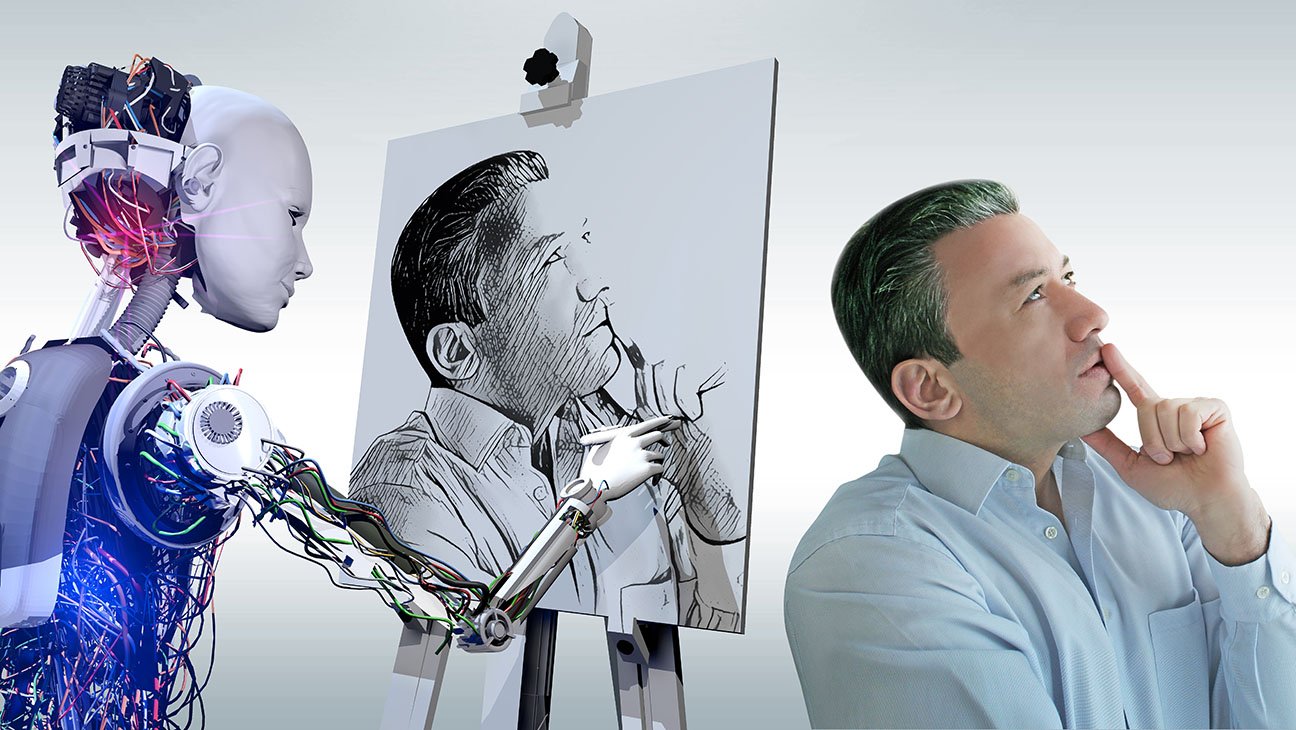
Impact on Creators and the Creative Industry
The U.S. Supreme Court’s potential ruling on AI-generated works and copyright law could significantly impact creators and the creative industry. As AI becomes more adept at generating content like art, music, and literature, it challenges traditional notions of authorship, which copyright law has historically protected as human expressions. If AI-generated works are deemed uncopyrightable due to their lack of human authorship, it may deter investment in AI-driven creativity, as creators and businesses could struggle to protect and monetize their innovations. Conversely, if AI works are copyrightable, it could spur investment in AI technologies, opening new revenue streams. This decision could also affect the economic landscape for human creators, as AI-generated content might flood the market with cheaper alternatives, devaluing human-created works and increasing competition. Additionally, large corporations could gain an advantage over smaller creators, potentially concentrating creative output and stifling diversity. The ruling will likely redefine creativity and ownership, influencing how content is produced, shared, and monetized.
Future of AI Development and Use
The future of AI development is rapidly evolving, with significant implications for various industries. Central to this evolution is the debate over AI-generated works and copyright law, which will profoundly impact AI system development and usage. As Machine Learning algorithms become more sophisticated and data more accessible, AI systems are expected to be more autonomous and capable of complex decision-making and creative outputs. However, progress requires clear legal frameworks to address ownership and rights of AI-generated content, balancing innovation with regulation. Legal clarity on copyright issues is crucial to encourage investment and ensure AI-generated outputs are protected under intellectual property laws. Additionally, AI’s role in creative industries may redefine authorship, fostering new human-machine collaboration models. Ethical considerations, such as data privacy, bias, and accountability, must also be addressed to ensure responsible AI deployment. Collaboration among stakeholders is essential to create a framework that fosters innovation while safeguarding rights and ethical standards, benefiting society as a whole.
International Perspectives on AI and Copyright
The global challenge of integrating AI-generated works into copyright law varies by country, reflecting distinct legal traditions and priorities. The European Union adheres to existing frameworks, suggesting copyright protection for works with “human intellectual creation,” excluding purely machine-generated works, consistent with the Berne Convention. In contrast, the UK post-Brexit provides 50 years of protection for computer-generated works if a “human author” is involved, though this raises questions about authorship with autonomous AI. Japan amended its copyright law to permit the use of copyrighted works for AI Data Analysis, promoting innovation while lacking clarity on AI-generated work copyrightability. China’s courts focus on human involvement in AI content creation to determine copyright eligibility, indicating a flexible legal approach. Australia is reviewing its copyright laws to address AI implications, considering whether new legislation is necessary. Despite varied approaches, the core issue remains defining authorship and creativity in AI’s context, necessitating international cooperation.
Comparison with Other Jurisdictions
The debate over AI-generated works and copyright protection extends beyond the U.S., with various countries adopting different approaches. The UK’s Copyright, Designs and Patents Act 1988 grants copyright to computer-generated works if a human orchestrated the creation, contrasting with U.S. law which requires a human author. Australia’s Copyright Act 1968 doesn’t explicitly cover AI, but discussions suggest a shift towards accommodating AI, possibly aligning with the UK. The EU, however, emphasizes human creativity for copyright eligibility, similar to the U.S. Japan’s Copyright Act also excludes explicit AI coverage, but the country is exploring reforms to address AI’s impact on intellectual property. Globally, there’s a spectrum of approaches: some jurisdictions are adapting to include AI-generated works, while others prioritize human creativity. As AI evolves, these varied strategies might influence international discussions, potentially leading to more harmonized standards.
Global Trends and Harmonization Efforts
The rapid advancement of AI technologies is challenging global copyright law, with countries adopting varied approaches to AI-generated content. This divergence complicates international harmonization efforts. The EU is exploring extending copyright protection to AI-generated works, focusing on human creativity’s role. The UK, post-Brexit, amended its copyright law to grant rights to those arranging AI-created works, emphasizing human involvement. In Asia, Japan and South Korea are revising laws and guidelines to address AI’s impact on copyright. The World Intellectual Property Organization (WIPO) is fostering international dialogue, aiming to develop a harmonized approach to balance creators’, users’, and public interests. Despite these efforts, significant disparities persist, creating legal uncertainties for cross-border operations. The U.S. Supreme Court’s potential rulings on AI-generated works could significantly influence global trends and harmonization efforts. As AI evolves, international cooperation in copyright law is increasingly urgent.
Expert Opinions and Analysis
The debate on the copyrightability of AI-generated works has garnered attention from legal scholars, industry experts, and policymakers. Professor Jane Ginsburg from Columbia Law School argues that the traditional “human authorship” requirement in copyright law is challenged by AI, suggesting a need to redefine authorship to possibly include AI contributions. Conversely, Dr. Mark Lemley from Stanford Law School believes granting copyright to AI-generated works could boost innovation by encouraging creative AI technologies. He suggests recognizing AI as a co-author or attributing rights to AI developers, though he acknowledges the complexities this introduces. Technologist Sarah Mitchell warns that denying copyright protection could deter investments in AI-driven creativity, advocating for a balanced approach that protects both human creators and AI developers. Meanwhile, legal expert Jonathan Band cautions against potential monopolistic practices if AI-generated works receive copyright protection, suggesting careful regulation to prevent large corporations from dominating the creative landscape. Overall, experts highlight the need for a legal framework that addresses the unique challenges of AI-generated works while maintaining core copyright principles.
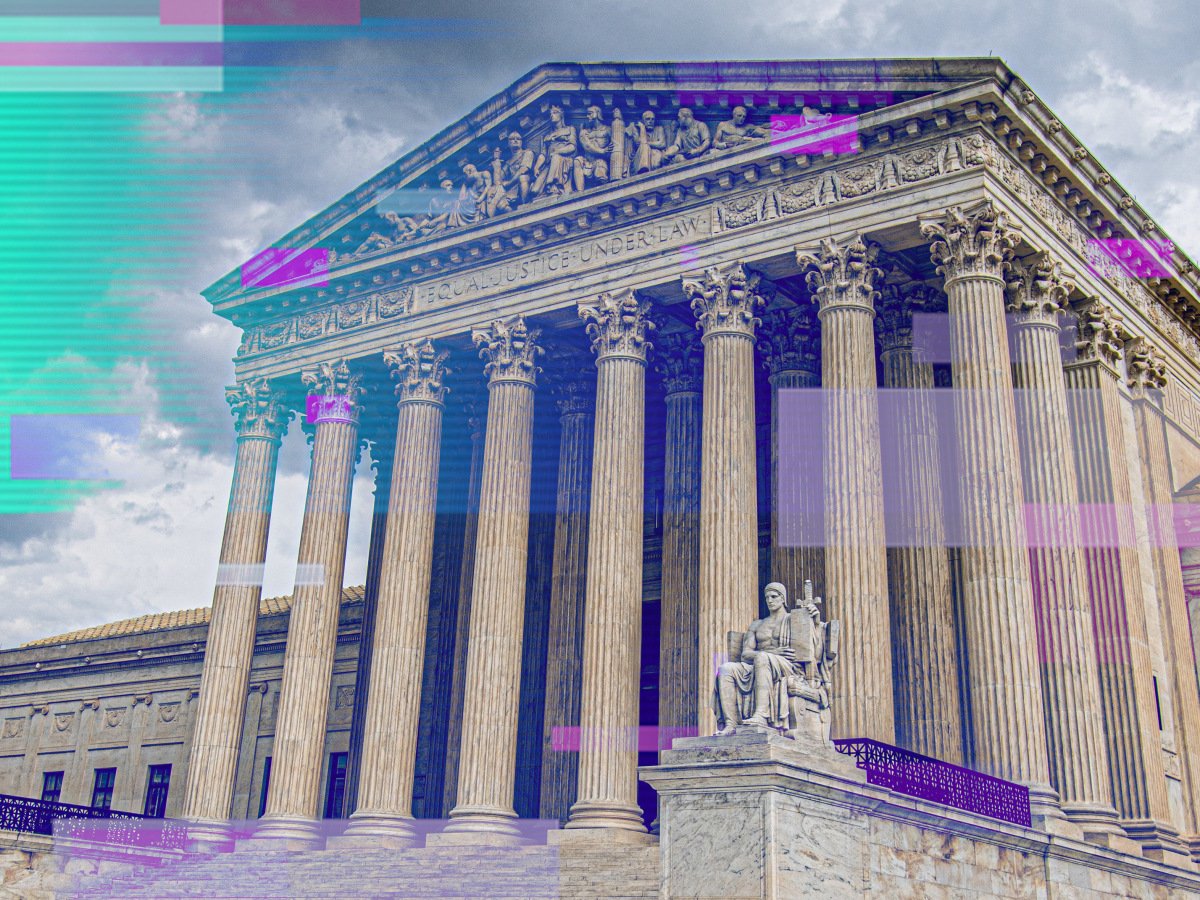
Legal Scholars’ Views
Legal scholars are debating how AI-generated works fit into copyright law, with opinions varying on authorship and ownership. Many argue that current copyright law, rooted in human creativity, isn’t suited for AI’s complexities. Some believe AI, lacking consciousness and creativity, shouldn’t be considered an author, suggesting human involvement is necessary for copyright protection. Others propose redefining authorship to include those who develop or operate AI, as they guide the AI’s output. This perspective emphasizes recognizing human input and intentionality behind AI creations. There’s also discussion about creating new legal categories or modifying laws to better accommodate AI-generated works, with some advocating for a sui generis system. Ethical and economic concerns are also raised, as AI’s ability to produce content rapidly could lead to market saturation and devalue human creativity. Overall, scholars agree that current copyright law needs significant adaptation to address AI’s challenges and opportunities.
Industry Stakeholders’ Perspectives
The debate over AI-generated works and their copyrightability has elicited diverse reactions from industry stakeholders. Technology companies and AI developers advocate for copyright protection, highlighting their significant investment in AI research and development. They argue that such protection would incentivize further innovation, fearing a chilling effect on technological advancement without it. Conversely, creative professionals and artists worry that extending copyright to AI works could undermine human creativity, devalue artistic contributions, and reduce job opportunities in creative fields. Legal experts are divided; some believe copyright laws should only protect human creativity, while others suggest a new category for AI works. Government officials are keenly observing, acknowledging AI’s transformative impact on industries. They are cautious about setting precedents that might stifle creativity or innovation and are considering new regulatory frameworks to balance stakeholder interests. The Supreme Court’s decision on this matter will significantly impact technology, creative, legal, and policy-making sectors.
Future Considerations and Legal Developments
The U.S. Supreme Court is set to address the issue of AI-generated works in copyright law, raising questions about authorship and ownership. Currently, the U.S. Copyright Office insists that only human-created works qualify for copyright protection, excluding AI-generated content. However, as AI technology advances, this position faces increasing scrutiny, prompting discussions on whether to adapt existing laws or establish new categories for AI-generated works. Ownership and attribution of AI-generated content also pose complex questions, such as whether rights should belong to AI developers, users, or a combination. International copyright treaties like the Berne Convention may influence U.S. policies as countries worldwide confront similar challenges. Ethical considerations about originality and creativity, along with the need for transparency in AI systems, are also crucial. The Supreme Court’s decisions could significantly impact the future of creativity and innovation, necessitating legal adaptations to keep pace with technological advancements.
Possible Outcomes and Scenarios
The U.S. Supreme Court is deliberating whether AI-generated works can be copyrighted, with several potential outcomes:
AI as an Author: The Court could grant AI systems authorship status, requiring a rethinking of copyright principles traditionally reserved for humans. This could lead to new legal frameworks where AI developers or owners hold rights.
Human Authorship Reaffirmed: Alternatively, the Court might uphold the current precedent that only humans can be authors, leaving AI-created works outside copyright protection. This would push creators to integrate human elements into AI outputs to secure copyrights.

Kaynak: static01.nyt.com New Protection Category: The Court could establish a new legal category for AI-generated works, offering limited rights similar to those for semiconductor mask works, focusing on economic interests.
Each decision will impact innovation and the tech industry differently, potentially influencing international copyright norms. The ruling will shape creative industries, AI’s role in content creation, and the evolution of copyright law, setting a significant precedent.
Long-term Implications for Copyright Law
The U.S. Supreme Court’s decision on AI-generated works will significantly impact copyright law, reshaping intellectual property rights. As AI advances in creative fields, determining if AI-generated works qualify for copyright protection will set crucial precedents. Granting copyright to AI-generated works could expand what is considered copyrightable, challenging the traditional requirement of human authorship and potentially overhauling legal definitions (Source A). This could increase copyrighted materials, overwhelming current systems and complicating infringement cases due to new ownership and originality issues (Source B).
Alternatively, denying copyright to AI-generated works might deter investment in AI creative technologies, stunting innovation in sectors like media and publishing (Source C). This could prompt alternative protections, such as contracts or new legislation. The decision will also influence international copyright laws, as countries may look to the U.S. for guidance, potentially leading to more harmonized global standards (Source D). Thus, the ruling will redefine copyright boundaries, affecting creators’ rights and innovation in the digital age.
Conclusion
The evolving question of AI-generated works and copyright protection requires careful consideration by the U.S. Supreme Court. As AI advances, traditional concepts of authorship and creativity are challenged. Currently, U.S. copyright law only recognizes human authors, with the U.S. Copyright Office stating AI-created works aren’t eligible for protection. This stance is based on the belief that copyright should incentivize human creativity, which AI lacks. However, as AI-generated works grow more sophisticated, there is a call for legal frameworks that acknowledge AI’s contributions while ensuring human oversight remains key. The Supreme Court’s involvement could lead to significant changes, providing clarity on AI-generated works’ originality and protection, affecting industries reliant on AI, like entertainment and software. The resolution will impact creativity and intellectual property rights, requiring laws that support new creativity forms while preserving copyright principles, potentially setting a precedent for balancing human and AI innovations.
Summary of Key Points
The U.S. Supreme Court is being asked to decide if AI-generated works qualify for copyright protection, a question arising as AI becomes more involved in creative processes. The U.S. Copyright Act traditionally grants protection to human-created works, but does not address non-human authorship, creating ambiguity as AI systems generate original content. The debate centers on authorship and originality, with the U.S. Copyright Office historically denying protection for AI-generated works without human involvement. Proponents argue AI is a tool for human creators, deserving protection for AI-assisted works. The Supreme Court’s decision could significantly impact industries like music, art, literature, and software development that rely on AI for creative output. This ruling might set a precedent for how AI-generated works are treated under intellectual property law, potentially redefining copyright boundaries and influencing the future of AI in creative fields.
The Path Forward for AI and Copyright
As AI advances in creative industries, its integration within copyright law is crucial. One approach is adapting copyright laws to recognize AI’s role as a tool or collaborator, ensuring human creators maintain ownership of AI-assisted works. This adaptation could involve defining AI’s contributions and establishing new legal categories for AI-generated content, which may not fit traditional copyright frameworks. Such a classification could address rights and responsibilities, including attribution and profit-sharing between creators and AI developers. International cooperation, facilitated by bodies like WIPO, is essential as AI content often crosses borders, requiring standardized guidelines to prevent jurisdictional conflicts. Engaging stakeholders, including technology developers, artists, and legal experts, through public consultations can shape effective policies that balance innovation with creative rights. Ultimately, updating legal frameworks to accommodate AI-generated works will harness AI’s creative potential while respecting human creators’ rights.
Summary
The article discusses a pivotal legal case that has reached the U.S. Supreme Court, focusing on the contentious issue of whether AI-generated works can be protected under copyright law. As artificial intelligence increasingly plays a role in creating art, music, and literature, the lack of clear legal guidelines has prompted stakeholders to seek judicial clarity. The case in question could set a significant precedent, as current U.S. copyright law does not explicitly address creations made by non-human entities. Legal experts and industry leaders are closely watching the proceedings, anticipating that the Court’s decision could reshape intellectual property rights and impact both creators and AI developers. The outcome could influence innovation and the economic landscape of creative industries, highlighting the urgent need for updated legal frameworks in the age of AI.
